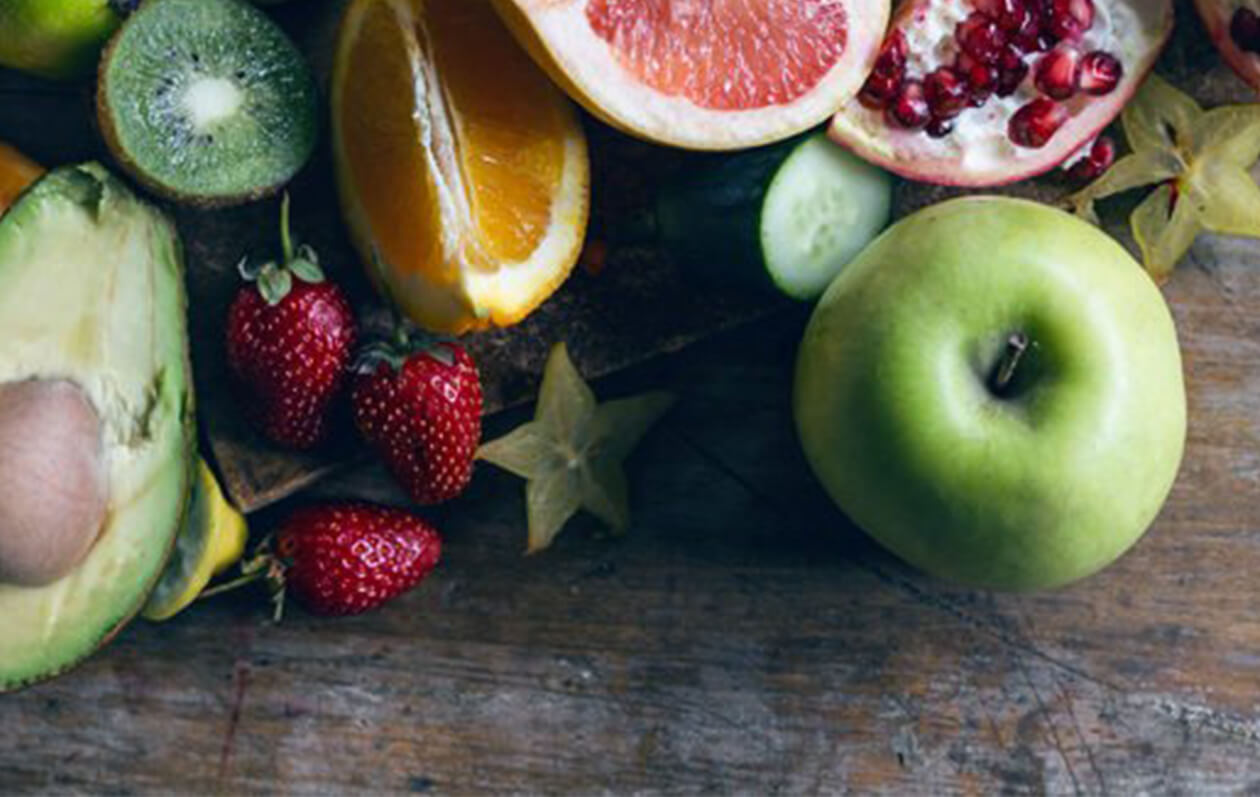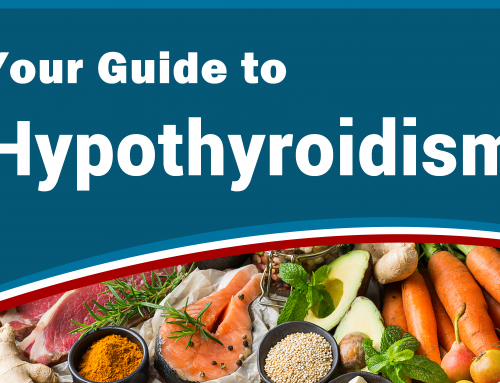Would you be surprised if I tell you that your digestive tract has a link to your emotions?
Remember the saying, ‘butterflies in your stomach,’ truly makes lots of sense when you understand the complex relationship between your mood and your gut.
Just consider an everyday example, only the thought of rich, hot, and freshly prepared food that smells good trigger our digestive process in our mouth and in our intestines. Similarly, when we are stressed, even if it is a minor stress of reading an important email while eating, it can lead to impairment of our digestive system.
A common thing for people with digestive issues is to also experience some level of depression, anxiety or feeling of ‘stress in the stomach.’ When I took a case control study for 10 people I evaluated that people suffering from irritable bowel syndrome or IBS as well as ulcerative colitis or UC were witnessed with a higher level of depression and anxiety as compared to those with healthy controls of their stomach.
Though it is difficult to say that whether digestive issues result in anxiety or whether high stress levels lead to digestive troubles, a good thing would be if we are able to maintain a balance between the two.
As you see, a healthy digestive system = healthy gut!
What is the Gut-Brain Axis or GBA?
Our brain receives a constant stream of information from our GI tract or digestive tract. It then integrates this information with information received from other cells of our body. The information is finally combined with contextual information from our environment. The information is used to send an integrated response to the cells of our GI tract.
Further, the GI tract as well as its various functions, continue to work properly during physiological stress and to adapt our GI function to the overall state. This entire process continues to function subconsciously.
According to some of the latest researches, individuals suffering from chronic abdominal pain as well as discomfort tend to have some kind of issues or improper functioning of the gut-brain axis. Since this gut-brain axis is also linked to depression, inflammation, anxiety, and pain, so it can lead to mood swings within people. Moreover, some people experiencing GI disorders such as UC or IBS may experience pain more strongly as compared to other people because their brains are more responsive to pain signals received from the digestive or GI tract.
A key role is played by our body microbes in this interaction. Certain bacteria of our gut, either indirectly or directly communicate to the brain and cells of other body parts to influence various physiological processes. This is not at all surprising as scientists have disclosed that there are more than 10 times microorganisms within the gut than there are cells in our body.
Also, it is estimated that at least 90% of serotonin is produced in the gut and it is the microbes that stimulate our gut cells to release serotonin.
Now, what this Serotonin is?
Serotonin is a ‘feel good’ neurotransmitter that helps to regulate cognitive function and mood. Also, it is involved in regulating the digestive secretions, pain perception, and smooth muscle contractions.
Bacteria in our body also produce short-chain fatty acids. This fatty acid influences the memory as well as the learning process in the brain. Our gut bacteria play a key role in tryptophan metabolism which acts as a precursor to serotonin. There are innumerable examples of chemicals involved in cognitive and mood function that are highly influenced by our gut bacteria.
Ways to Support Your Gut-Brain Axis and Digestion
The only way you can support your gut-brain axis is through optimal digestion. So, here check some ways to maintain the health of your digestive system as well as your mood!
- Consume Plenty of Water
Drinking plenty of water is a must but not with meals. It is best to drink water 15 minutes before you eat and 30 minutes or one hour after you eat. Drink water before and after meals helps to reduce bloating and gas.
- Consume Fruit Empty Stomach and Veggies Anytime
Vegetables can be enjoyed greatly with just anything. It is because their high fiber content supports digestion to a great extent. But when it comes to fruits, you must consume it empty stomach and in its raw form. It is because the sugars in fruit disrupt the digestion process.
- Reduce Intake of Inflammatory Foods
Inflammatory foods lead to intestinal inflammation, which disrupts healthy gut flora and leads to slow digestion. Dairy, gluten, and highly processed foods are the main culprits and must be avoided as much as possible.
- Eat Slowly
To enjoy your food mindfully, you must aim to chew each bite at least 20 times. Digestion starts from the mouth and saliva enzymes help to break down food particles before they move to the digestive tract. The longer you chew the food the easier it is for your stomach to absorb minerals, vitamins, and other nutrients.
- Eat Fibrous Food
Bitter foods like kale, dandelion greens and artichokes boost digestion by stimulating the release of stomach acid. High-fiber foods like whole grains, legumes, and beans support digestive health as they increase stool softness and bulk.
- Keep Moving
Exercise for at least 30 minutes a day. This will support the lymph system and moves the stagnant energy of your body. Alternatively, try to walk a few steps after every half hour to keep your digestive system healthy.
- Manage Stress
Stress creates a direct effect on digestive health. When you experience stress, digestive muscles may impose fewer efforts and digestive enzymes are secreted in smaller amounts. Hence, give your body time to relax into your daily routine.
Want to learn more about how to use the power of food to heal your body, achieve optimal gut health, and prevent disease? Contact us now for our free consultation!








